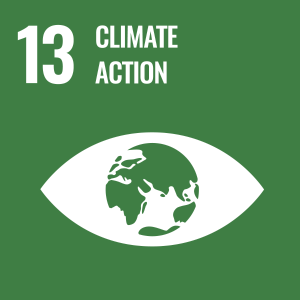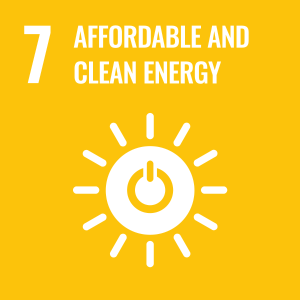Energy supply is a key factor for economic development in South Asia. With their energy production primarily based on imported fossil fuels, South Asian countries are vulnerable to volatile prices on international energy markets. In the wake of the COVID-19 economic recovery and global energy market disruptions following Russia’s invasion of Ukraine, high energy prices have impacted various South Asian sectors — from power generation and industrial activities to transportation.
The region’s heavy reliance on fossil fuels is also reflected by the energy sector being South Asia’s largest greenhouse gas emitter. The decarbonisation of the region will play a vital role not only for its own sustainable growth but also to achieve global climate goals and net-zero emissions.
Renewable sources of energy are relevant for a transition to a decarbonised energy supply. For South Asia, an expansion of renewable energy also enhances energy security by reducing dependence on fossil fuel imports. Furthermore, decentralised renewable energy production allows some South Asian countries to provide electricity to the most remote parts of their populations for the first time.
It is therefore crucial to accelerate the expansion of renewables in the region. But a sudden transition to renewable energy has some challenges. Insufficient grid infrastructure requires a substantial infrastructure upgrade to enable the integration of renewables given their often intermittent nature. Grid capacity should also be able to support the development of regional, cross-border energy markets for renewable energy trade. Lack of financing and limited technical capacity are just two of the challenges further complicating the sustainable development of renewables in the region.
Generally, South Asia has significant potential for renewable energy — be it hydropower, solar pv or wind. The region’s diversity, however, requires a closer look in order to identify opportunities and understand the specific challenges. KAS’ Regional Programme Energy Security and Climate Change Asia Pacific (KAS RECAP) in cooperation with the Consortium of South Asian Think-Tanks (COSATT) initiated this publication with papers from Bangladesh, Bhutan, India, the Maldives, Nepal, Pakistan and Sri Lanka. Experts from the respective countries analyse the status quo and future opportunities for renewable energy development and expansion as well as greater regional cooperation. It also provides concrete recommendations on how policy and improved institutional arrangements can promote renewable energy, and thus sustainable development, in the region. We hope this publication will contribute to enhancing the understanding of renewable energy and sustainable development in South Asia and will prove useful to academics, researchers and practitioners alike.





